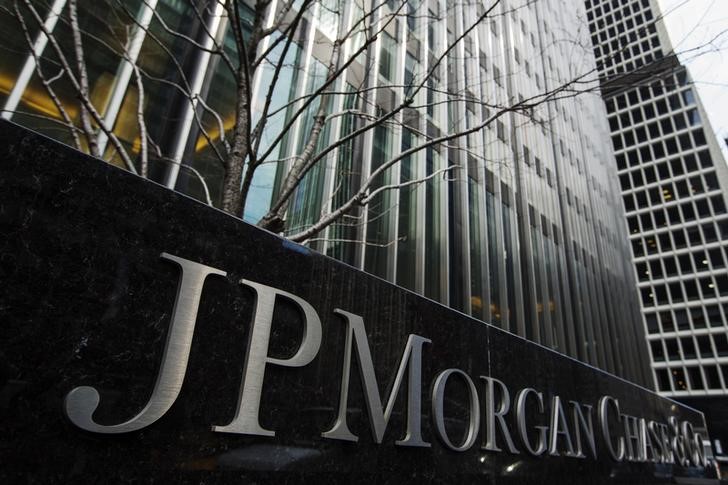This post was originally published on this site
https://i-invdn-com.investing.com/trkd-images/LYNXMPEJ4F0RU_L.jpg
NEW YORK (Reuters) – JPMorgan Chase & Co (NYSE:JPM) CEO Jamie Dimon said that it is “unlikely” that the bank will acquire any other struggling lender, weeks after it acquired the failed First Republic Bank (OTC:FRCB).
“It [First Republic] will further help advance our wealth as well as other initiatives,” Dimon said at the bank’s annual shareholder meeting on Tuesday, adding that they are in the process of integrating the lender.
Dimon’s latest statement comes just two weeks after JPMorgan bought a majority of First Republic Bank’s assets in a rescue effort backed by the U.S. government.
First Republic was the third major U.S. institution to fail in two months, and JPMorgan agreed to take $173 billion of the bank’s loans, $30 billion of securities and $92 billion of deposits.
The CEO reiterated his faith in the financial soundness of the regional banking system and said regulators could not have evaded the risks that led to the wipeout of three U.S. banks.
“It is unlikely that any recent change in regulatory requirements would have made a difference,” he said.
In the shareholder meeting on Tuesday while all management proposals passed, all of the motions submitted by shareholders failed.
Four of the eight shareholder proposals secured more than 30% of votes, which is typically enough to get management’s attention. Among those, a proposal calling for an independent board chair garnered the highest number of votes, according to a preliminary tally.
Keeping chair and CEO roles separate has been a thorny issue for investors and corporate management across America, with some arguing firms with separate roles do not necessarily perform better.
A shareholder proposal on tweaking rules under which shareholders can call for a special shareholder meeting also got more than 30% of backing.
Another proposal with more than 30% support suggested that the bank publish a transition plan that describes how it intends to align its financing activities with its 2030 sectoral greenhouse gas emissions reduction targets.

